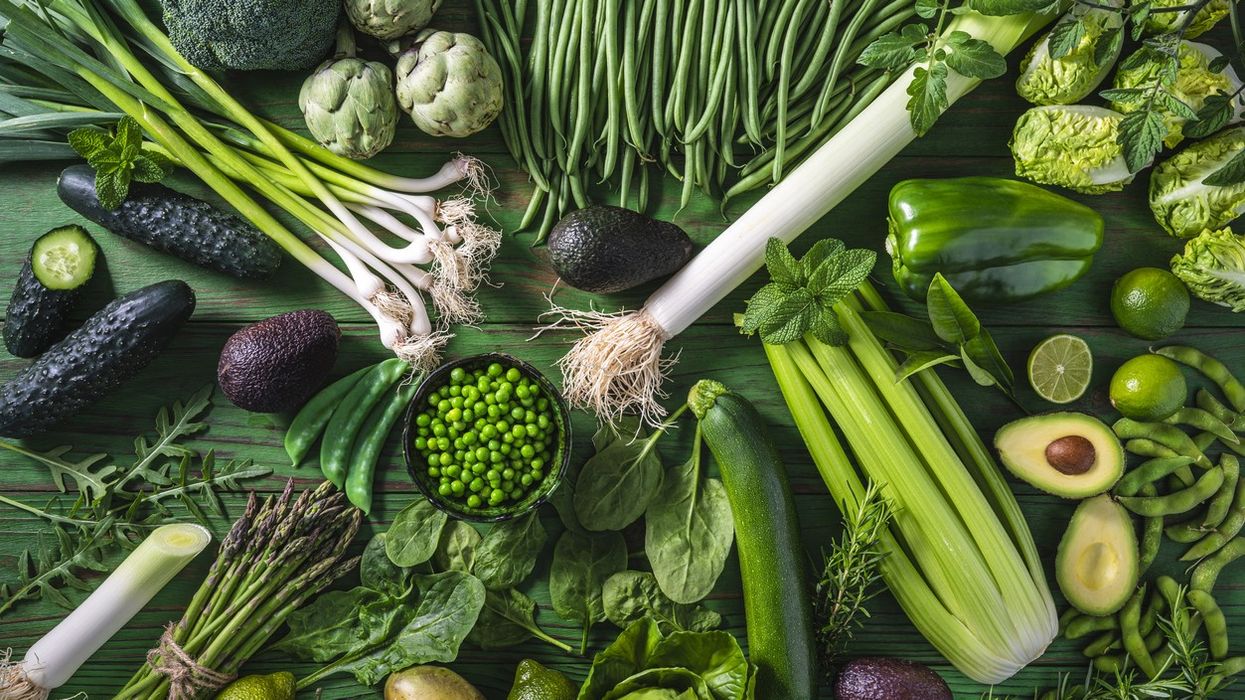Recent studies have found that some of our least favourite vegetables may really be the best for preventing severe blood vessel disease.
According to a study in the 'British Journal of Nutrition', older women who consume more cruciferous green vegetables including broccoli, Brussels sprouts, and cabbage have less severe blood vessel damage. Using data from a cohort of 684 older Western Australian women recruited in 1998, researchers from ECU's School of Medical and Health Sciences and The University of Western Australia found those with a diet comprising more cruciferous vegetables had a lower chance of having an extensive build-up of calcium on their aorta, a key marker for structural blood vessel disease.
Blood vessel disease is a condition that affects our blood vessels (arteries and veins) and can reduce the flow of blood circulating around the body. This reduction in blood flow can be due to the build-up of fatty, calcium deposits on the inner walls of our blood vessels, such as the aorta. This build-up of fatty, calcium deposits is the leading cause of a heart attack or stroke.
Lead researcher Dr Lauren Blekkenhorst said there was something intriguing about cruciferous vegetables which this study has shed more light on.
"In our previous studies, we identified those with a higher intake of these vegetables had a reduced risk of having a clinical cardiovascular disease event, such as a heart attack or stroke, but we weren't sure why," she said.
"Our findings from this new study provide insight into the potential mechanisms involved."
"We have now found that older women consuming higher amounts of cruciferous vegetables every day have lower odds of having extensive calcification on their aorta," she said.
"One particular constituent found abundantly in cruciferous vegetables is vitamin K which may be involved in inhibiting the calcification process that occurs in our blood vessels."
Dr Blekkenhorst said women in this study who consumed more than 45g of cruciferous vegetables every day (e.g. 1/4 cup of steamed broccoli or 1/2 cup of raw cabbage) were 46 percent less likely to have an extensive build-up of calcium on their aorta in comparison to those consuming little to no cruciferous vegetables every day.
"That's not to say the only vegetables we should be eating are broccoli, cabbage and Brussels sprouts. We should be eating a wide variety of vegetables every day for overall good health and well-being."
Dr Blekkenhorst said it was important to note the study team was very grateful to these Western Australian women, without whom these important findings would not be available for others. While observational in nature this study design is central to progressing human health.
Heart Foundation Manager, Food and Nutrition, Beth Meertens said the findings were promising and the Heart Foundation would like to see more research in this area.
"This study provides valuable insights into how this group of vegetables might contribute to the health of our arteries and ultimately our heart," Ms Meertens said.
"Heart disease is the single leading cause of death in Australia and poor diet is responsible for the largest proportion of the burden of heart disease, accounting for 65.5 percent of the total burden of heart disease.
"The Heart Foundation recommends that Australians try to include at least five servings of vegetables in their daily diets, along with fruit, seafood, lean meats, dairy and healthy oils found in nuts and seeds. Unfortunately, over 90 percent of Australian adults don't eat this recommended daily intake of vegetables."
(ANI)




